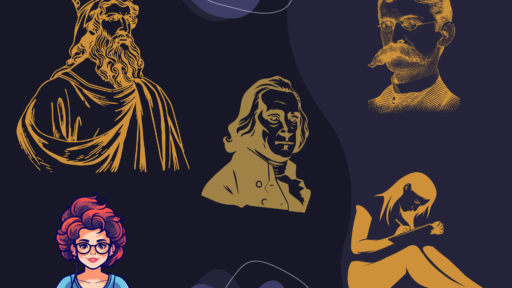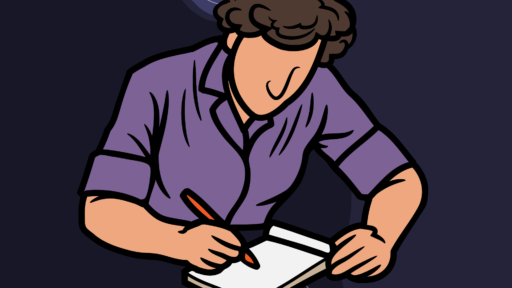Allow me to begin by quoting Nicholas of Cusa, the Saint:
This mist, cloud,
He wrote,
Darkness or ignorance, into which he that seeketh thy Face entereth, when he goeth beyond all knowledge or concept, is the state below which thy Face cannot be found, except veiled; but that very darkness revealeth thy Face to be there beyond all veils. Hence I observe how needful it is for me to enter into the darkness and to admit the coincidence of opposites, beyond all the grasp of reason, and there to seek the Truth, where impossibility meeteth us.
The purpose of this post is to argue that a writer, by virtue of his/her occupation, can not attain this level which Nicholas of Cusa so succinctly described.
The reasoning behind this is simple: writers are articulators. A writer’s job, as summarized most succinctly by Aldous Huxley, is simply to pass things across; that is, to elicit a reaction in the reader such as might be expressed in the formula:
This is what I have always felt and thought, but have never been able to put clearly into words, even for myself.
And a writer must at all times be able to do this. The poet even more so. I have always been of the opinion, however, that this, far from being a writer’s greatest gift, is his greatest shortcoming.
You see this state of being, to which Nicholas of Cusa and a few great enlightened ones — like the Buddha — had hinted about times without number, transcends mere feelings and thoughts. It is a state where, according to Nicholas of Cusa, there is a coincidence of opposites, that is where everything that had seemed erstwhile contradictory becomes one: The Lightness of Darkness.
It goes without saying, then, that such a state far transcends something that can be
put clearly into words.
Because even those like me, who have never attained this state, still understand the shortcomings of language. Like I’ve repeated in my previous posts, language is a mere symbol, pointing towards what Immanuel Kant termed The-thing-in-itself and which existence he vehemently denied.
So once again language is a mere symbol, deficient to a very large extent. The most profound feelings we experience are those that can not be articulated; those that elicit from us a reaction of utter speechlessness; a sort of indescribable stillness, levitation without motion!
And poor writers they try their best to articulate this stillness — for a good cause, of course — but sadly will always fall short. Because at the end of the day, the greatest knowledge is to be found only in that Lightness of Darkness. To which end, Jalal-uddin Rumi, the great Sufi poet, exhorted:
Sell your cleverness and buy bewilderment; Cleverness is mere opinion, bewilderment is intuition.
A writer, sadly, cannot — should not — grasp this act — and art — of not-grasping; which is the highest of all art. A writer cannot allow himself/herself a moment in that darkness of thought, wherein there is no thought; and wherein all thoughts are born, and where they altogether cease to exist. The very moment a writer realizes this bliss, this joy in letting a thought pass, unrecognizable, unanalyzable, hazy in its clearness; at that moment he ceases to be a writer.
I said to my soul be still
And let the darkness come upon you
Which shall be the darkness of God
T.S Eliot
Yet events — even the most transcendent — the most numbing and self-sufficient, must be articulated and written down; even if merely to give an inkling of that account, which would go a along way in helping another get a bit closer to that state, so that he/she might one day attain that state for him/herself.
And this is the struggle for the writer. And what a chore he has before him! Facing a battle to which he knows there is no victory; stuck in that wrestle, which Eliot termed:
The ineluctable struggle with words and meaning.
In that same vein, please permit me to end with another of T.S Eliot’s wonderful passage in The Four Quartets, where he said:
One has only learnt to get the better of words For the thing one no longer has to say, or the way in which One is no longer disposed to say it…so each venture Is a new beginning, a raid on the inarticulate, With shabby equipment always deteriorating - But perhaps there is neither gain nor loss. For us, there is only the trying. The rest is not our business.
Which is why as writers we keep on trying! Even though we’ll forever be incapable of escaping that darkness of lightness, and finding that lightness of darkness.
Thanks for reading! Be sure to let me know if you agree with me or not.




